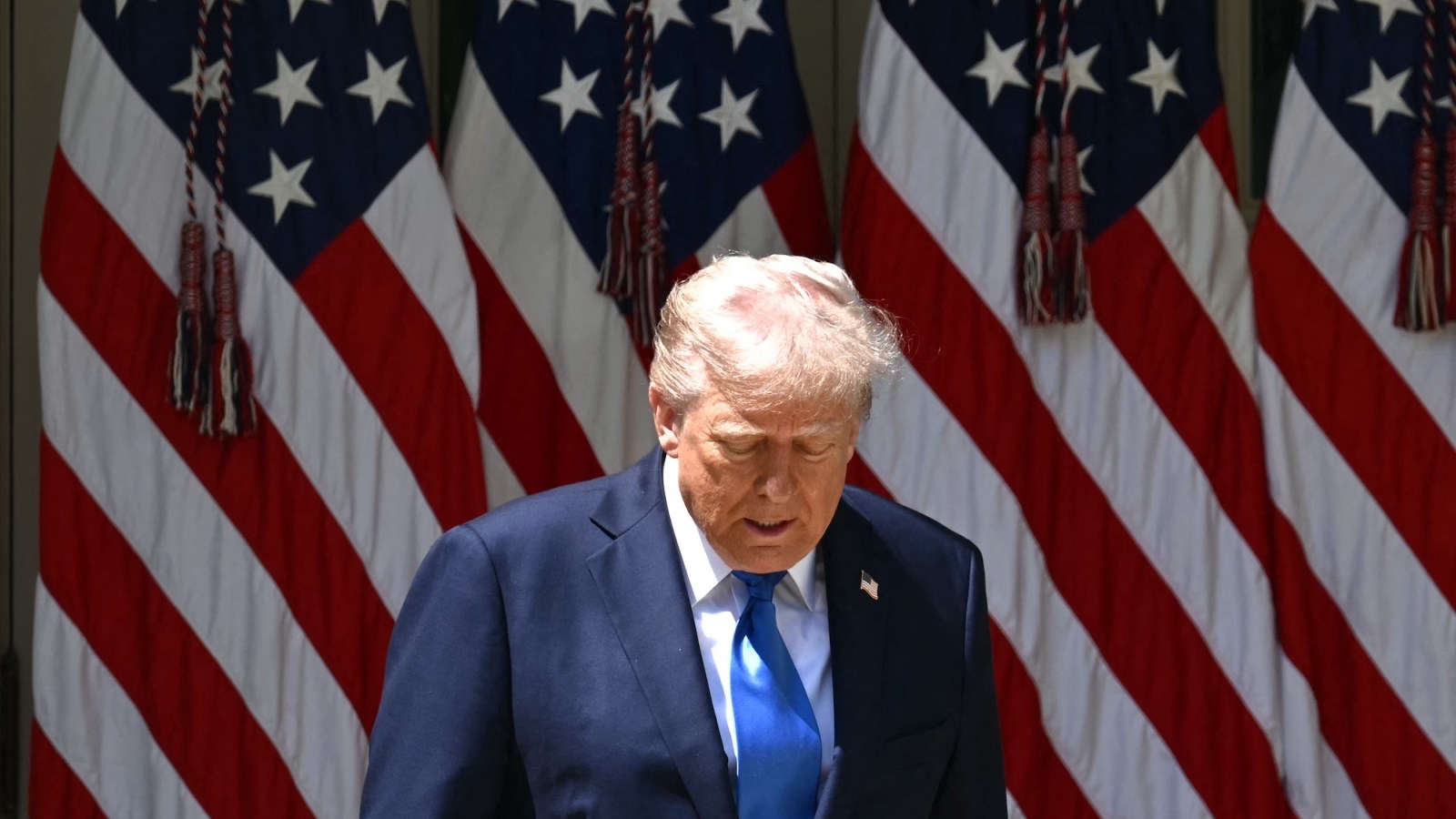Donald Trump claimed that gas and grocery prices are decreasing, despite evidence showing otherwise. He also suggested reducing purchases of certain goods as a response to tariff-induced price increases. During an interview on Meet the Press, Trump stated, ‘Prices are down on groceries. Prices are down for oil. Prices are down for all energy. Prices are down at tremendous numbers for gasoline.’ However, according to AAA, the average gas price is $3.17 per gallon, with no state averaging $1.98, as Trump claimed. Additionally, the Consumer Price Index indicates grocery prices rose by 0.4% in March and 0.2% in February. While some goods like fresh vegetables have seen price drops, others such as eggs, meats, poultry, and fish increased in March.
Trump’s tariffs are expected to raise prices on various imported goods. Although he delayed most tariffs for 90 days, those on China remain active. He also claimed to have finalized over 200 trade deals but provided no details. Experts warn that tariffs could lead to higher prices for goods like iPhones, cars, clothing, shoes, wine, spirits, furniture, coffee, and chocolate, alongside potential product shortages.
Regarding trade with Canada, Trump remarked that the U.S. does not need Canadian cars, lumber, or energy, despite Canada being America’s second-largest trade partner. One accurate claim by Trump is that oil prices are falling, though this is not necessarily positive for the economy. Tucker Balch, an Emory University finance professor, noted that declining oil prices reflect reduced energy use expectations in the economy due to Trump’s policies.
The economic outlook under Trump remains uncertain, with potential slowdowns or recessions looming for both the U.S. and global economies. Trump attributes the ‘good parts’ of the economy to his leadership while blaming former President Joe Biden for the ‘bad parts.’
— new from Rolling Stone
